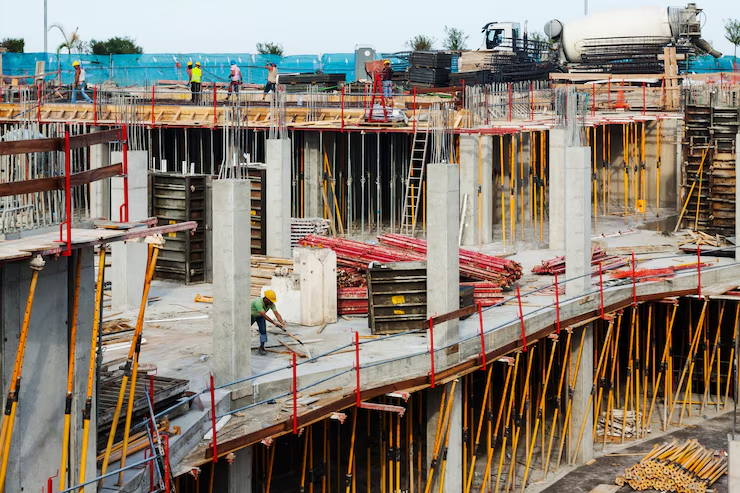Construction projects are often large-scale and complex processes. Selecting the right subcontractors is a critical step for the successful completion of these projects. Subcontractors undertake specialized work at different stages of the project, so the selection process is crucial. Subcontractor selection in the construction industry impacts a number of factors, including cost, quality, occupational safety, and time management.
In this article, we will discuss how to select subcontractors for construction projects and what to consider during the successful subcontractor selection process.
Basic Criteria for Subcontractor Selection
Some key criteria to consider when selecting subcontractors for construction projects are:
1. Experience and Expertise
A subcontractor's experience in the industry directly impacts the quality of the work. Subcontractors with many years of experience in the construction industry are more competent in solving project problems. Furthermore, the subcontractor's area of expertise is also important. For example, choosing subcontractors specializing in specific areas such as electrical, plumbing, concrete casting, or structural assembly increases project success.
2. References and Previous Projects
A subcontractor's past projects and the client references they provide play a significant role in the selection process. References are a key indicator of a subcontractor's work quality and reliability. Therefore, reviewing a subcontractor's past work is highly beneficial in the decision-making process.
3. Price and Budget Availability
Price is one of the most important factors to consider when selecting a subcontractor. However, it's important to remember that price alone shouldn't be the determining factor. A good price-performance balance ensures you choose a subcontractor with both quality workmanship and competitive prices. A good subcontractor can help you optimize costs by providing quotes that fit your budget.
4. Occupational Safety and Certifications
Safety is a top priority in the construction industry. Having a subcontractor with occupational safety certifications is crucial for the safe completion of work. Furthermore, investigating the subcontractor's adherence to occupational health and safety protocols ensures the safe progress of the project.
5. Time Management and Delivery Times
Construction projects often involve large-scale projects that must be completed within a specific timeframe. Therefore, the subcontractor's ability to deliver on time is crucial. The subcontractor's track record of on-time delivery and their workload management are other factors to consider during the selection process.
Legal Obligations to Consider When Selecting a Subcontractor
Legal obligations are also important when selecting a subcontractor for construction projects. The subcontractor must comply with local regulations, construction laws, and industry standards. Furthermore, regulations such as insurance, occupational safety measures, and worker rights should be considered in the workplace where the subcontractor will be working.
Simplify Subcontractor Selection with E5 Global
Digital commerce platforms like E5 Global allow you to communicate directly with subcontractors in the construction industry. Through E5 Global, you can learn more about subcontractors, receive quotes, and securely collaborate with suitable subcontractors for your projects.


